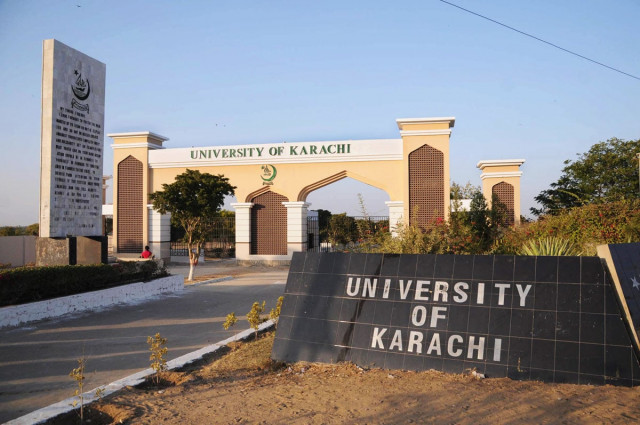Sindh sets 62-year age limit for public university vice chancellors
The law applies to all 30 public universities in Sindh and is now a binding requirement for all future VC appointments

Sindh government has formally imposed an age limit of 62 years for candidates seeking appointment as vice chancellors (VCs) in all public universities across the province, permanently disqualifying senior educationists and bureaucrats above that age.
The new rule has become law under the Amendment Act 2025 and it includes several amendments, including provisions that restrict bureaucrats from being appointed as VCs and explicitly define the new age cap.
Read More: Sindh Assembly passes universities amendment bill amid protest
The law applies to all 30 public universities in Sindh and is now a binding requirement for all future VC appointments. A special exemption has been carved out for judges applying to the post of vice chancellor at the province’s only law university—Shaheed Zulfiqar Ali Bhutto University of Law (SZABUL).
According to the act, Sindh High Court judges may apply up to the age of 63, and Supreme Court judges up to 67. However, educationists and bureaucrats applying for the same post at SZABUL will still be subject to the 62-year age limit.
The law also allows for one-time reappointment of a sitting VC following completion of their first term. If an educationist or bureaucrat is appointed as VC at age 62, their first term will end at 65. With an extension, they may serve until the age of 69.
Previously, the age cap of 62 existed only in appointment rules, not in law, and in some cases, candidates were allowed to serve until 65.
Read More: Change of rules in hiring process in universities sparks suspicions of favouritism
The legislation also opens the door for Grade 21 officers from various bureaucratic cadres—including PAS, Ex-PCS, PSS, and PMS—to apply for VC posts on the basis of a master’s degree, unlike academicians, who are required to hold a PhD and be full professors.
























COMMENTS
Comments are moderated and generally will be posted if they are on-topic and not abusive.
For more information, please see our Comments FAQ